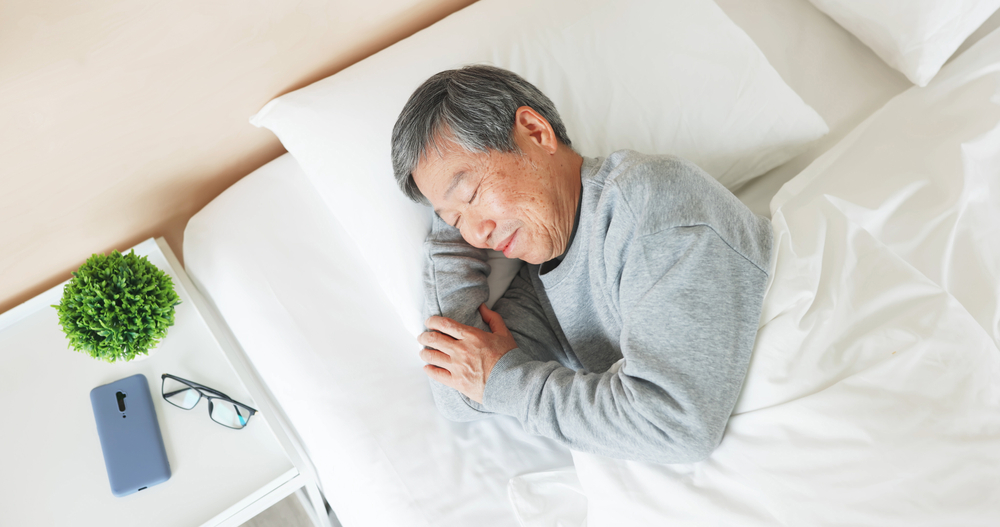 March 8, 2016
March 8, 2016
A stroke is a debilitating and deadly disorder that can cause side effects that range from mild to full impairment of the individual. It can also, unfortunately, lead to death in a percentage of affected individuals. There are two types of strokes – those that occur due to a blood clot or blockage in a vessel in or around the brain, and those that are triggered by a blocked vein somewhere else in the body. In both cases, the brain is starved of oxygen-rich blood and can suffer from life-threatening damage to the brain cells and surrounding tissues. If there is a silver lining to the topic of strokes, it is that most strokes present early on with some type of warning sign. This timeframe may be as short as thirty seconds or as long as several minutes, but there are some visual indicators that can help you to detect a stroke as early as possible. And, in most cases involving oxygen starvation – early detection is the key to a hopeful recovery.

If you see this, call a professional!
There are signs all around major cities that read “If you see something, say something” – and the exact same advice should be considered when detecting an impending stroke in a family member, friend, patient, or even yourself! Here are some of the key indicators and symptoms of a stroke:
- A quick and abrupt loss of vision, coordination, speech ability, strength, or control of the body. This can manifest itself in a variety of ways, so the better you know the individual the better you can detect any anomalies in their behavior.
- A darkening or dimness of vision as experienced by the afflicted individual. This is an especially worrisome indicator if it presents in just one eye.
- A momentary loss of consciousness or unexplained falling down. Even in older individuals who may experience more falls than normal due to reduced mobility or other age-related maladies, a temporary loss of consciousness should never be ignored.
- Rapid onset of a severe and punishing headache – especially if it is out of character for the individual. If this is followed be a quick loss of consciousness you may be witnessing the warning signs of a stroke.
- Balance issues, especially when accompanied by trouble swallowing, hiccups, vomiting, or nausea.
- Drooping face or a change in the normal facial structure in your loved one, or yourself.
If you witness any of these symptoms in a loved one – or in yourself, call 911 immediately. There is no treatment more effective than a quick diagnosis, so don’t try to tough it out, shake it off, or explain away the symptoms. Call for help and seek immediate medical attention. The quicker you can get yourself or a loved one to the hospital the greater the chances for a partial or, hopefully, full recovery.
Steps to take that minimize the risk of stroke
Though it is impossible to definitively prevent all strokes, there are a host of medically-accepted steps that can be taken that will reduce the chances of stroke in the majority of individuals. Here are four of the most important steps to take:
Take aspirin: Seek medical advice on this one, but most doctors agree that daily low-dose aspirin intake is beneficial to reducing blood pressure. Others agree that anti-platelet medication can provide similar benefits in patients.
Control your diabetes: One way to minimize the risk of stroke is by managing an existing diabetes diagnosis. Keep blood sugar levels in check and follow your oral medication or Insulin prescriptions exactly as prescribed.
Change your diet: If high blood pressure is a result of a poor diet, consider making changes that introduce healthier foods right away. Consult the guidance of a nutritionist or physician to make sure that you’re following the right course of treatment.
Quit smoking: Smoking is one of the leading causes of stroke and other deadly afflictions, so quit now and you’ll reduce your chances of stroke. If your loved one is a smoker, consider being their support person and get them to quit, too.
If you see any of the warning signs listed above, make sure that you react immediately. Unlike other maladies that can build over the years, a stroke is quick, unrelenting, and often deadly. Time is the most precious commodity when dealing with a stroke.



